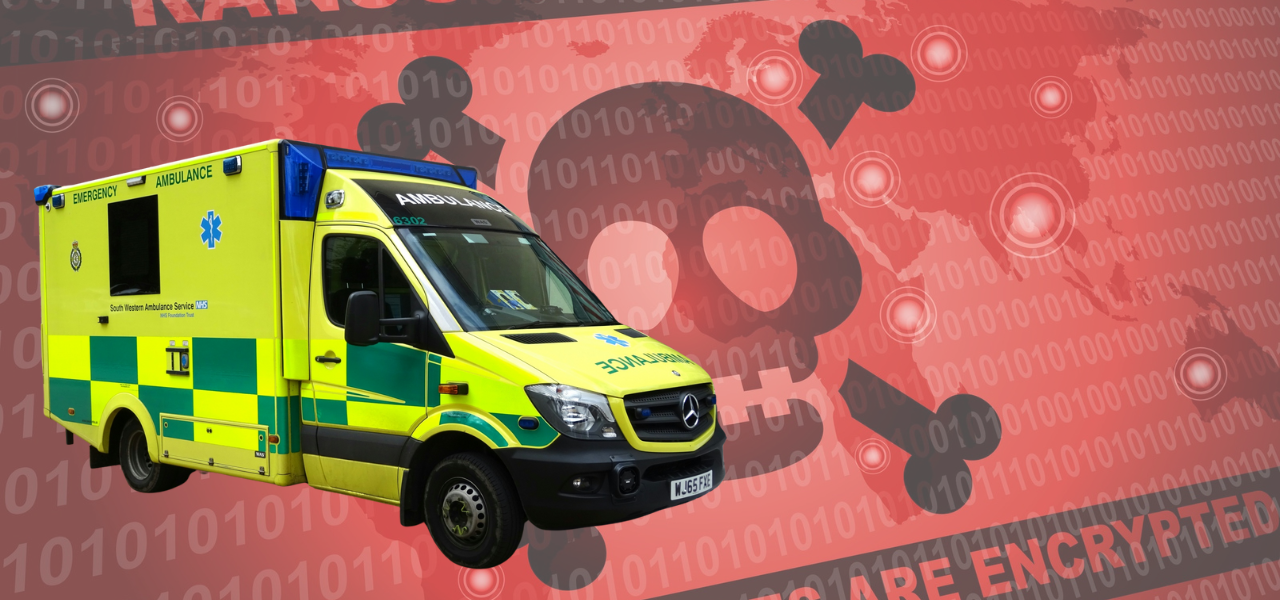
An Israeli software company has developed a revolutionary cloud data storage system which has the potential of putting cyber hackers out of business.
Ionir, a cloud-based data storage company, has developed a unique computing platform which can go back in time to retrieve data stolen by cyber criminals. The system has been designed to prevent computer networks falling prey to so-called ransomware attacks, where an organisation’s data is seized and held until a user pays a ransom.
But ionir believes it has a solution to ransomware attacks which are predicted to have a global industry cost of $250bn USD by 2030.
Ionir Chief Executive Officer Jacob Cherian told National Security News that his company’s data storage system allows ransomware victims to go back in time to a second before the attack took place to retrieve the stolen data.
Cherian said: “Any data that’s stored with us, you can go back in time and get the data back the way it was the second before. We can actually replay the way your data was from any second in the past.
“If I get hacked at say 3pm in the afternoon, I can go back to 2.59 minutes and 59 seconds and get all my data that I backed up. And then from that, once you have a copy of the data, then it’s your internal operational processes or whatever you have to bring your applications up and running, very quickly.
“There’s nobody who can do it better than us. One second is just not achievable today in the market. You can basically get back data one second before your intrusion. That’s the value proposition.”
It is not just the unique ability to retrieve data from the past that sets the company apart, the CEO maintains. The ionir system is built to work within Kubernetes, the Google-created cloud computing operating system that is now the industry standard, but also with rival platforms as well.
It also has a Data Teleport platform, which allows applications to be shared instantly and securely between clouds.
The company has also received approval for a US patent for its digital storage system, and is now working on scaling up the platform without compromising quality and security.
Cherian described the current climate of daily cyber attacks by criminals, non-state actors and hostile states, as an arms race.
He said: “Every day somebody’s building new malware. This is an arms race between the people who are trying to defend against malware and the people who are building it.
“So, you have to assume that there’s always going to be an intrusion. Then once it’s in, there’s two tracks of recovery that you need to go after. One is you might have your systems infected with code that is infected with malware. So, there’s that whole process of remediating your applications, fixing your systems.
“Data is the most important thing in the business. Your applications can be rerun, your service can be replaced. Lose your data and you’re starting from zero. And that’s a big disruption to your business.
So, what we’re promising is we can recover and protect your data and we can do that instantaneously. There is no separate platform that needs to be deployed because your applications are running on a platform. That’s why we said we’re a storage platform primarily with the additional benefit of providing the cybersecurity of the recovered data.”
Or Sagi, ionir’s chief architect, added that in addition to the clear financial benefits of data retrieval there was also the possibility that lives could also be saved.
He said: “This is saving a lot of money, it’s true, but it’s not just money. If we look at the intersection between what’s been going on with cyber-attacks and healthcare, for example, people are missing surgery because data is lost.
“We are talking about peoples’ lives and well-being here. Being able to resume service and go back to business has a real impact on people.”
The backdating technology used by ionir was employed by a police department in New England after it suffered from a ransomware attack. Cherian said that the police department bought the backdating technology from a predecessor company to ionir after their local town fell victim to a ransomware attack.
He said: “Three months later, the police department was attacked by ransomware and 911 was down, all the emergency services were down. They were able to bring it up within 30 minutes – that is how quick this product can work.”
Key to any corporation looking at ionir’s product is cost. So, who much is it? Sagi added: “That’s a really complicated question to answer. You’ve asked me the equivalent of, you know, how much a suit costs, anywhere between £50 and, you know, if you go to Saville Row, you get a different price range.
“I will say that our pricing model is significantly simpler. And from a pricing standpoint itself, we are obviously competitive with whatever’s out there in the market.”
Running a company in post October 7th Israel has been challenging, Sagi said but added that Israelis were hardy people.
He told NSN: “In many ways it’s been a rough year. We’ve got people all over Israel. Luckily, we didn’t have employees that were impacted personally in the initial attacks. But Israel has suffered a lot of turmoil over the last year. People spent several months at home.
“No day care, frequent missile attacks, it’s been rough. Having said that, and I do realise it sounds like a cliché, but we are hardy people. While this is the most extreme state we’ve been in in a while, it’s not the first time.
“People find meaning in their work. So, I think it even surprised me that people would call me from the bomb shelter and get back on the Zoom to resume the design discussion we were having. People really find meaning in what they do. And you know, this is as banal as it sounds, this is our country. This is what we have.”


































































































































































































































































































